Bringing Troops Home, One Platelet Donation at a Time
 JOINT BASE BALAD, Iraq -- Senior Airman Brenton Swift, 332nd Expeditionary Aircraft Maintenance Squadron aircraft armament systems journeyman, watches as Staff Sgt. Michael Hebron, 332nd Expeditionary Medical Support Squadron aphaeresis technician, monitors the needle insertion site during a platelet donation at the Air Force Theater hospital here July 24. Fifty percent of donations collected are used outside the wire. (U.S. Air Force photo/Senior Airman Nicole Enos)
JOINT BASE BALAD, Iraq -- Senior Airman Brenton Swift, 332nd Expeditionary Aircraft Maintenance Squadron aircraft armament systems journeyman, watches as Staff Sgt. Michael Hebron, 332nd Expeditionary Medical Support Squadron aphaeresis technician, monitors the needle insertion site during a platelet donation at the Air Force Theater hospital here July 24. Fifty percent of donations collected are used outside the wire. (U.S. Air Force photo/Senior Airman Nicole Enos)by Senior Airman Andria J. Allmond
332nd Air Expeditionary Wing Public Affairs
8/21/2009 - JOINT BASE BALAD, Iraq -- The pint-sized bags of cloudy, yellow liquid may not look like much, but the fluid inside them has proved to be a life-saving substance to injured servicemembers.
"Platelets heal; I've seen it firsthand," said Lt. Col. Thomas Jordan, 332nd Expeditionary Medical Support Squadron platelet aphaeresis chief. "I was here in 2006 when we first brought platelets into modern warfare by using them (at JBB). We noticed an increase in the survival rate compared to when we were using whole blood. They serve as the main factor in stopping bleeding and are used in any situation in which there is excessive blood loss."
Blood platelets have saved lives across Iraq, and the Air Force Theater Hospital here is the only supplier of this vital blood component to medical personnel in-country.
Half the collected clotting agents are kept at JBB, while the rest are shipped to other military installations throughout Iraq. On average, platelets have a shelf life of five days. Therefore, those used by U.S and coalition forces must be collected close to the fight.
"In the time it would take to collect the platelets, run the necessary tests and send them over here (from the U.S.) we would pass the five-day limit we have on using them," said Colonel Jordan, who has the sole discretion of extending the shelf-life of the platelets by two days, if deemed necessary.
If the total shelf life has expired, Colonel Jordan destroys the non-utilized platelets. But, the platelet aphaeresis lab ensures there are enough bags ready whenever they're needed.
"So many people are willing to donate because they want to do something to help their fellow servicemembers," said Master Sgt. Phillip Monk, NCO in charge of aphaeresis operations. "Their contribution goes right into action and is used right here to save lives."
In order to meet the in-theater demands, the lab must collect approximately nine bags of platelets each day. This equates to scheduling 10 patients daily.
Since the AFTH provides the same quality of care regardless of nationality or combative status, platelets have also helped Iraqi citizens. The benefit of platelets, introduced by U.S. military forces during Operation Iraqi Freedom, may have long-reaching effects even during peacetime. Colonel Jordan said he hopes the Iraqi people eventually start using platelets at their own hospitals.
"I truly believe (U.S. military forces) being here has allowed us the chance to set a good example to the Iraqi people, especially in how we view war," said Colonel Jordan. "The U.S doesn't believe in throwing our troops out there saying, 'Just get out there and fight.' We want to make sure our folks return home to their families. Platelets help our folks live, they help bring them home.
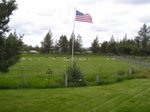


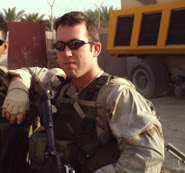










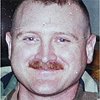












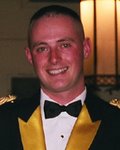






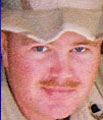
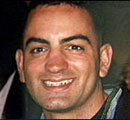





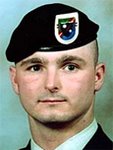




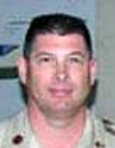
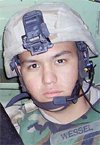
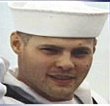
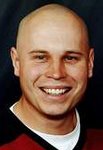
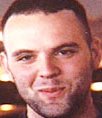



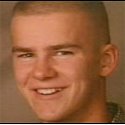
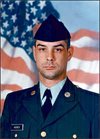


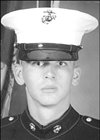
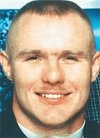
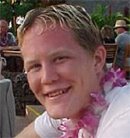

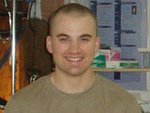




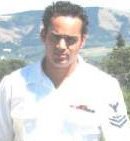

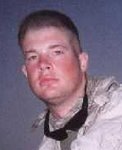
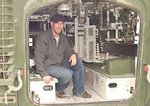
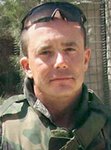



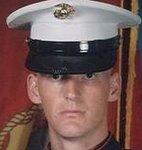
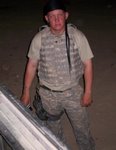
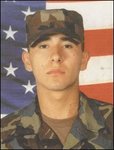
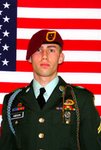

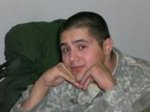
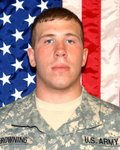





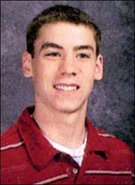
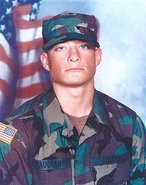
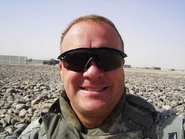
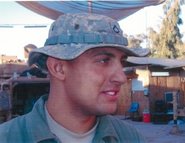
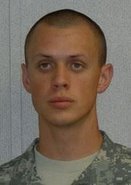
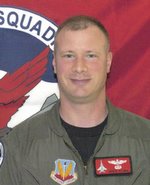
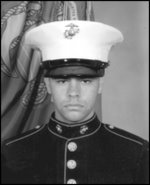
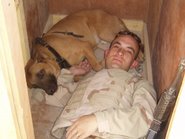
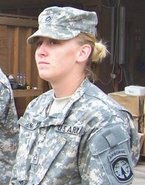

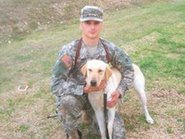

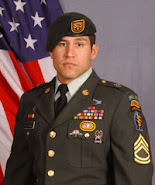

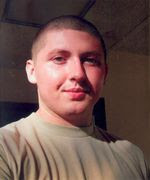



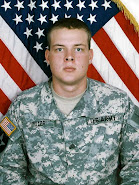
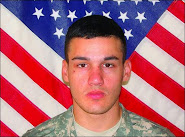



4 comments:
Once again... I've learned something from reading you, Cynthia. Thank you!
And it goes without saying... but I'll say it... thanks to all the troops who donate platelets. An amazing story.
Isn't this interesting? The suthor is an adopted airman and she's a heck of a writer!
Hope she continues with her writing. More proof of just how exceptional our Troops are in so many ways other than their particular specialty.
Margaret -
Welcome and Thank you!
Post a Comment